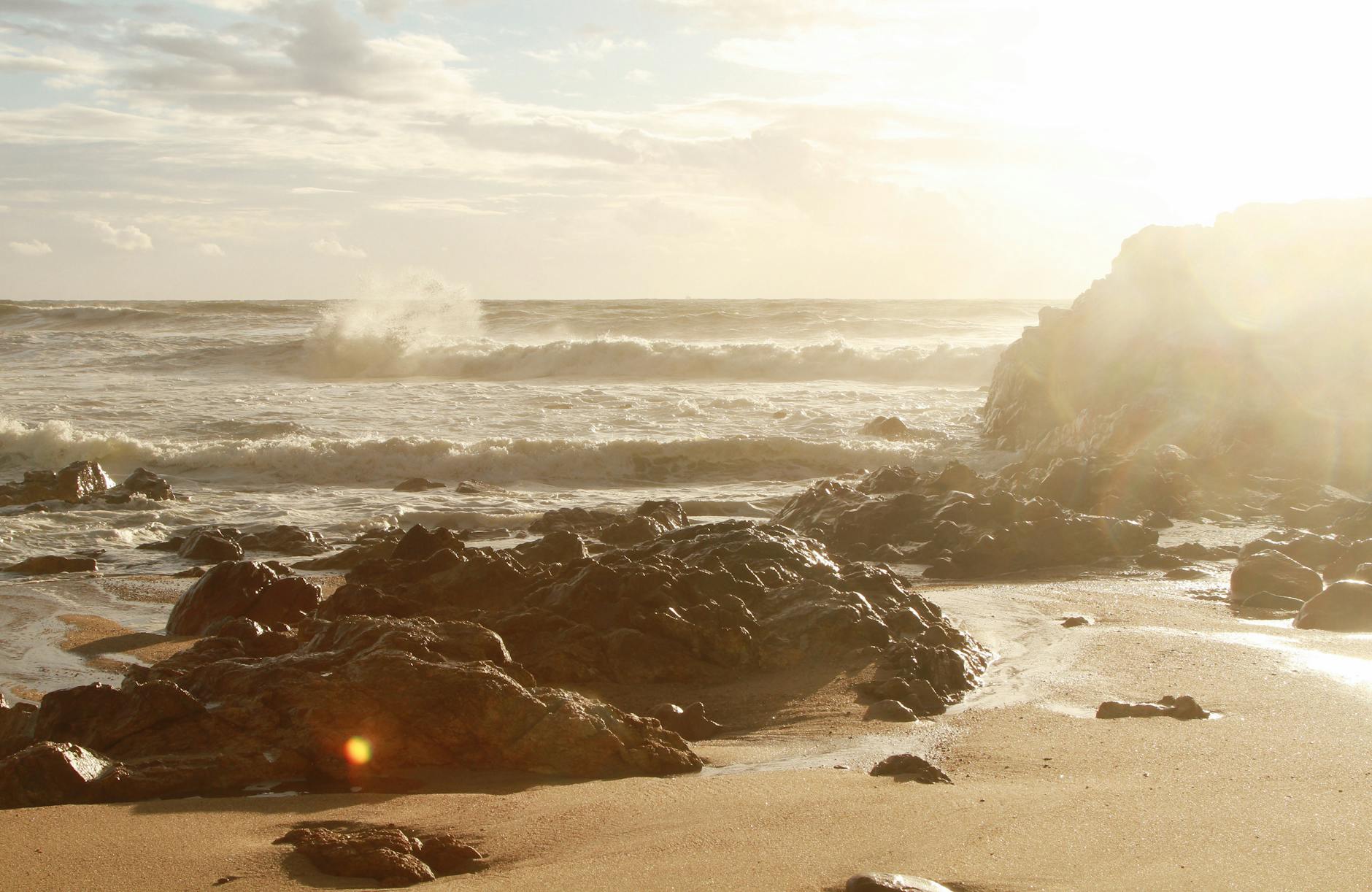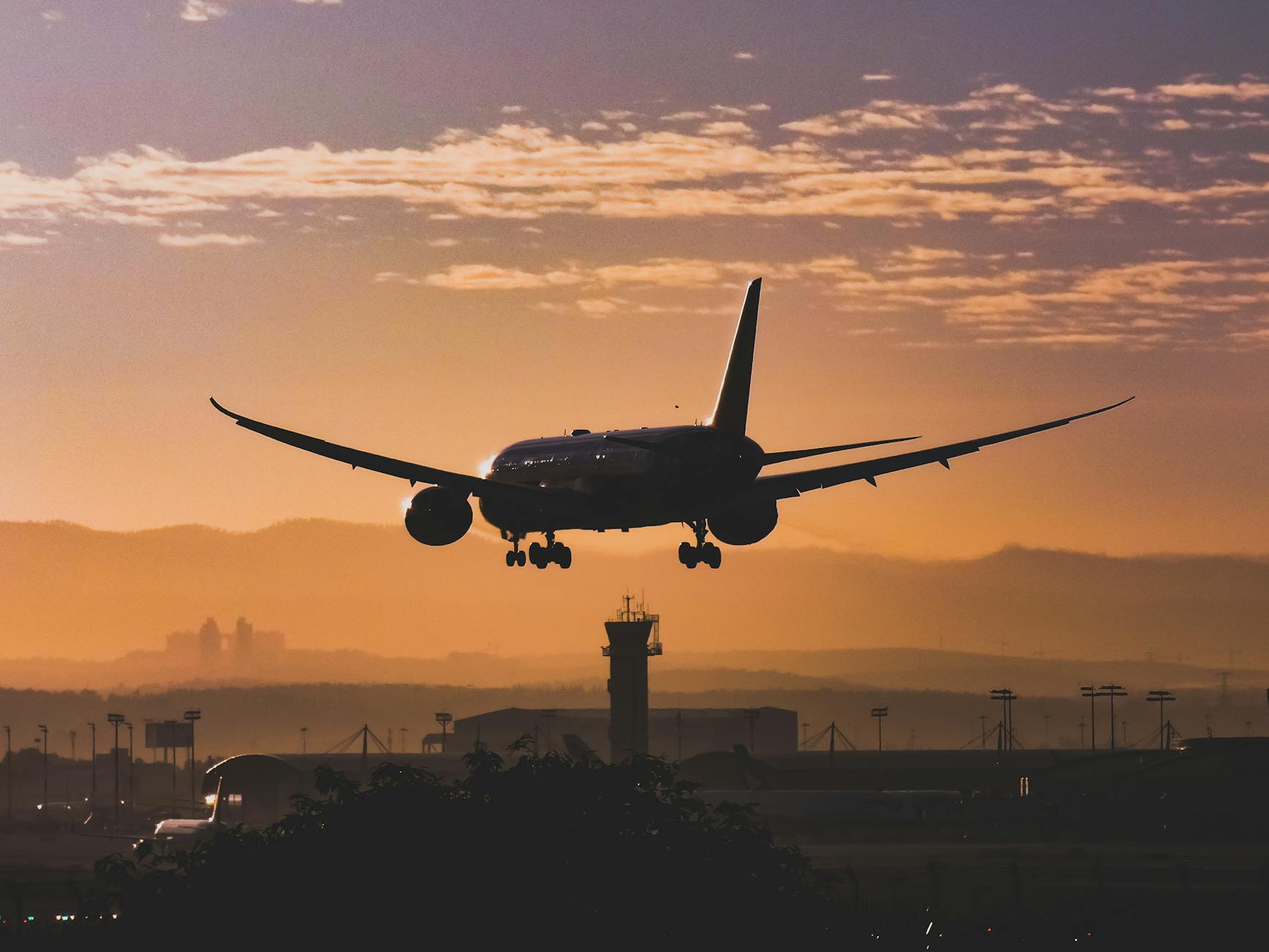How to Maximize Your Tech-Integrated Adventure in Australia

Planning Your Eco-Friendly Itinerary
Crafting an eco-friendly itinerary is a key starting point for your tech-integrated adventure in Australia. As someone constantly on the lookout for conservation sites, I have found that digital resources simplify the process of narrowing down destinations that align with my values. For example, africa safari opportunities offer fascinating conservation efforts that often go unnoticed. Exploring destinations like these ensures that your travels contribute positively to local ecosystems.
Accommodation choices also play a major role in sustainable travel plans. By opting for eco-conscious lodgings, you not only reduce your carbon footprint but also support properties that engage in responsible practices. Whether it's a hotel leveraging solar energy or one that participates in a local wildlife preservation program, tech platforms make it easy to filter options based on sustainability ratings.
Mapping sustainable transport options is another layer worth exploring. With advancements in electric vehicle hire services, travelling across the scenic landscapes of Australia has never been more eco-friendly. Apps can guide you through numerous scenic routes and charging stations, turning your road trips into green journeys.
Speaking of sights, have you ever thought of experiencing tech-driven exhibits at the Powerhouse Museum? It offers a fascinating intersection of art and technology, aligning well with eco-friendly travel intentions. Even in preparation for long-haul adventures like those on africa tours or arctic cruises, tech-fuelled planning translates aspirations into action quite effortlessly.
Leveraging Tech for Exploration
Travelling with the right tech not only enhances your journey but also aligns with eco-friendly travel. For digital nomads like myself, the Sydney Opera House offers immersive AR experiences that bring history and architecture to life. If you're exploring the outback or new conservation sites, a range of eco-apps can be invaluable for navigation. These apps help you discover eco-trails and provide detailed maps to ensure you tread lightly on the environment.
To expand your wildlife knowledge, virtual guides are excellent for learning about unique species and ecosystems. Consider how they can enrich experiences like gorilla trekking Uganda, offering insights into these magnificent creatures' habitats and behaviours. As these guides are updated with the latest research, they provide an incredible depth of information that paper guides simply can't match.
When it comes to documenting the beauty of places like Victoria Falls Safari, having the right photography gadgets is essential. Think drones for aerial views or solar-powered chargers to keep those devices running, ensuring you capture the essence of nature sustainably. These tools allow you to share your experiences without compromising the environment, merging adventure with advocacy effortlessly.
Engaging in Responsible Wildlife Experiences
Venturing into the refreshing sphere of responsible wildlife experiences is an adventure that marries curiosity with conscience. While on a kenya safari, opt for eco-volunteer programs that allow you to actively aid in conservation efforts. These initiatives often provide a chance to work beside experts, deepening your connection with the environment and its wonders. Such commitments not only enrich your understanding but also promote sustainable tourism.
Technology comes in handy with apps specifically designed to decode wildlife habitats. These apps can illuminate the behaviors and needs of various species, fostering a respectful interaction with nature. Leveraging such technology ensures that your exploration of wildlife is informative and non-intrusive. Imagine observing the intricate ecology of Machu Picchu in person, complemented by machu picchu tours that use augmented reality to enhance your understanding of the area’s biodiversity.
When connecting with nature, it's vital to approach with sensitivity. Respect rules and boundaries set for the protection of both fauna and flora. One is often tempted to capture every moment, but remember, many natural environments prefer minimal human interference. So, while indulging your curiosity, keep in mind the larger ecological picture, ensuring that you leave only footprints and take only memories. This mindful approach helps maintain the integrity of ecosystems, allowing future adventurers to enjoy them as well.
Enhancing Sustainability Through Technology
In our tech-savvy world, reducing environmental impact while travelling is more accessible than ever. A range of tech tools helps enhance sustainability on adventures, making it easier to align with personal eco-conscious values like those held by Callum, our adventurous environmental advocate.
Using Apps to Reduce Waste
Smartphones aren't just for Instagram selfies; they can actually be used to cut down on waste during your travels. Consider using apps like Olio, which connects you with locals in your destination area to share surplus food, or Too Good To Go, which offers food from cafes and restaurants at reduced prices that would otherwise go to waste. These apps are fantastic for minimising waste and meeting new people passionate about sustainability.
Monitoring Your Carbon Footprint Online
Understanding and mitigating your environmental impact is a crucial step in responsible travel. Tools such as the "Capture" app allow you to calculate and offset your carbon footprint online by choosing earth-friendly activities or donations aimed at conservation projects. Alternatively, apps like "Ecosia" not only help calculate your carbon usage but also plant trees as you search the web, striving for a greener planet.
Supporting Digital Conservation Initiatives
Digital platforms enable travellers to support conservation efforts seamlessly. Websites and apps offer opportunities to contribute to projects such as African safari conservation or gorilla trekking Rwanda initiatives. These platforms ensure that your financial contributions are effectively used in real-time conservation efforts, giving you peace of mind and a sense of empowerment as you explore the world sustainably.
Common Mistakes in Tech-Integrated Travel
Overlooking Local Conservation Rules
As a digital nomad, it's all too easy to get swept up in the wonder of tech-enhanced adventures and forget the essentials—like the local conservation rules we often breeze past. Surfing through Sydney’s smart travel network might lead you to the best eco-friendly hotspots, but safeguarding them requires due diligence. The augmented reality (AR) experiences at the Sydney Opera House beautifully illustrate the city's commitment to preserving cultural integrity. Similarly, the Powerhouse Museum showcases tech exhibits that rely on responsible visitor engagement to sustain their charm.
Misusing Environmental Gadgets
Tech gadgets are like your trusty co-pilot on this digital journey. That said, the misuse of these gadgets can set back your sustainability efforts faster than a poorly planned itinerary. When heading out to experience the tech-driven magic at Barangaroo’s innovative business hubs, make sure your gadgets—whether it's that smart drone or your advanced camera—are eco-compliant. There’s a fine line between capturing that perfect moment and disrupting the delicate balance of nature, so always bear in mind the local norms and regulations.
Ignoring Sustainable Travel Technologies
Finally, overlooking the endless possibilities offered by sustainable travel technologies is a forgivable yet crucial oversight. On your journey, utilise tools that track your carbon footprint or apps designed for waste reduction to enrich your travel experience. Such platforms are like the concierge services of a five-star hotel—they make your travel seamless while ensuring you're leaving a positive impact. With the right tech, you’ll not only enhance your greener travel experience but also empower others to do the same.


